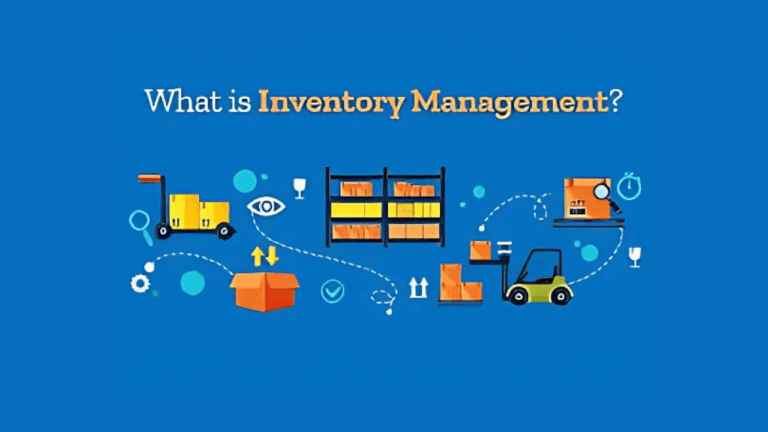Outsourcing vs. In-House: Making the Right Choice for Your Small Business
Running a small business in India comes with its unique set of challenges. One critical decision that entrepreneurs often face is whether to outsource tasks or handle them in-house. This choice can significantly impact your business’s efficiency, cost, and growth trajectory.
At Entrepreneurs, we aim to simplify this decision-making process by breaking down the pros and cons of each approach, helping you make an informed choice that aligns with your business goals.
Understanding the Basics
- In-House: Tasks are performed by employees within your company.
- Outsourcing: Tasks are delegated to external agencies or freelancers.
Benefits of In-House Operations
- Complete Control: Managing tasks internally allows for direct oversight, ensuring that the work aligns closely with your company’s vision and standards.
- Better Communication: Having your team under one roof facilitates quicker discussions and decision-making, reducing the chances of misunderstandings.
- Cultural Alignment: In-house teams are more attuned to your company’s culture and values, leading to cohesive work dynamics.
- Immediate Feedback: Real-time monitoring enables swift identification and rectification of issues.
Drawbacks of In-House Operations
- Higher Costs: Recruiting, training, and maintaining a full-time team can be expensive, especially for startups.
- Limited Expertise: Your team may lack specialized skills required for certain projects, leading to potential compromises on quality.
- Resource Constraints: Managing all tasks internally can strain your resources, diverting attention from core business activities.
Advantages of Outsourcing
- Cost-Effective: Outsourcing can significantly reduce operational costs, as you pay only for the services rendered without bearing employee-related expenses.
- Access to Expertise: External agencies often have specialized skills and experience, ensuring high-quality output.
- Scalability: It’s easier to scale operations up or down based on business needs without the complexities of hiring or layoffs.
- Focus on Core Activities: Delegating non-core tasks allows you to concentrate on strategic areas like business development and customer engagement.
Challenges of Outsourcing
- Less Control: Relying on external parties may lead to reduced oversight, potentially affecting the quality and timeliness of deliverables.
- Communication Barriers: Differences in time zones, language, or work culture can lead to misunderstandings.
- Data Security Risks: Sharing sensitive information with third parties necessitates stringent data protection measures.
Making the Right Choice
Consider the following factors:
- Nature of the Task: Core activities that define your business should ideally be handled in-house. Non-core tasks like payroll, IT support, or content creation can be outsourced.
- Budget Constraints: If financial resources are limited, outsourcing can offer quality services at a fraction of the cost.
- Need for Specialized Skills: For tasks requiring niche expertise, outsourcing to specialists can ensure better results.
- Long-Term Goals: Evaluate whether the task is a one-time requirement or an ongoing need. Temporary projects are often better outsourced.
Real-Life Scenario
Anita runs a boutique digital marketing agency in Delhi. Initially, she managed content creation, graphic design, and client servicing with a small in-house team. As her client base grew, she found it challenging to maintain quality across all services. She decided to outsource graphic design to a specialized agency while keeping content creation and client servicing in-house. This hybrid approach allowed her to scale efficiently without compromising on quality.
Conclusion
There’s no one-size-fits-all answer to the outsourcing vs. in-house dilemma. The decision should be based on your business’s specific needs, resources, and long-term objectives. By carefully evaluating the pros and cons, you can adopt a model that enhances efficiency, reduces costs, and drives growth.
For more insights and tips on managing your small business effectively, visit Entrepreneurs.







